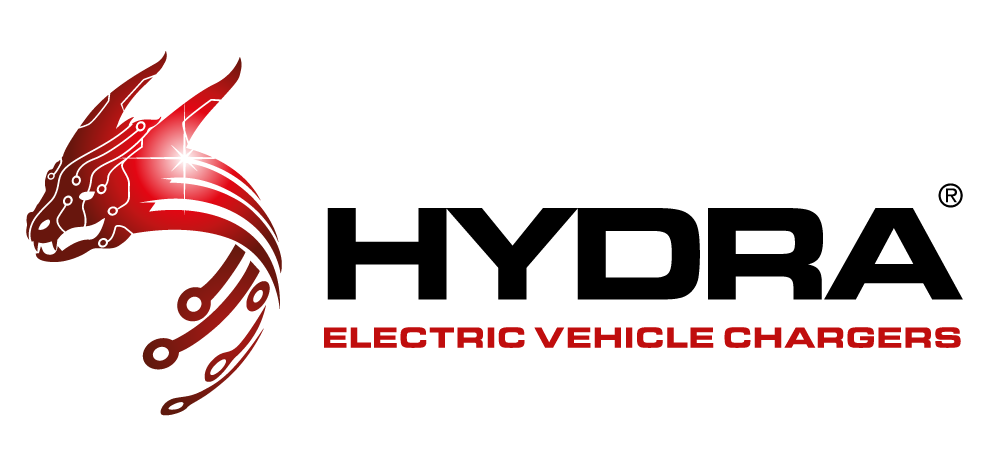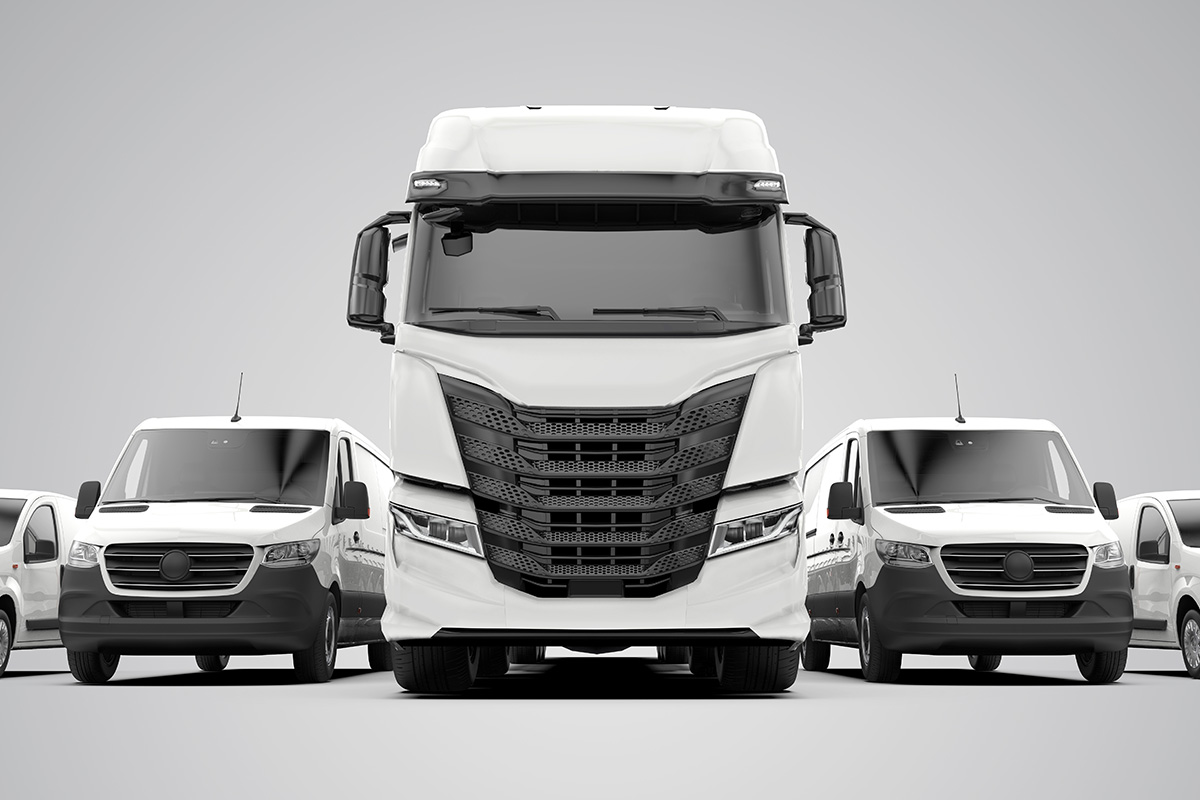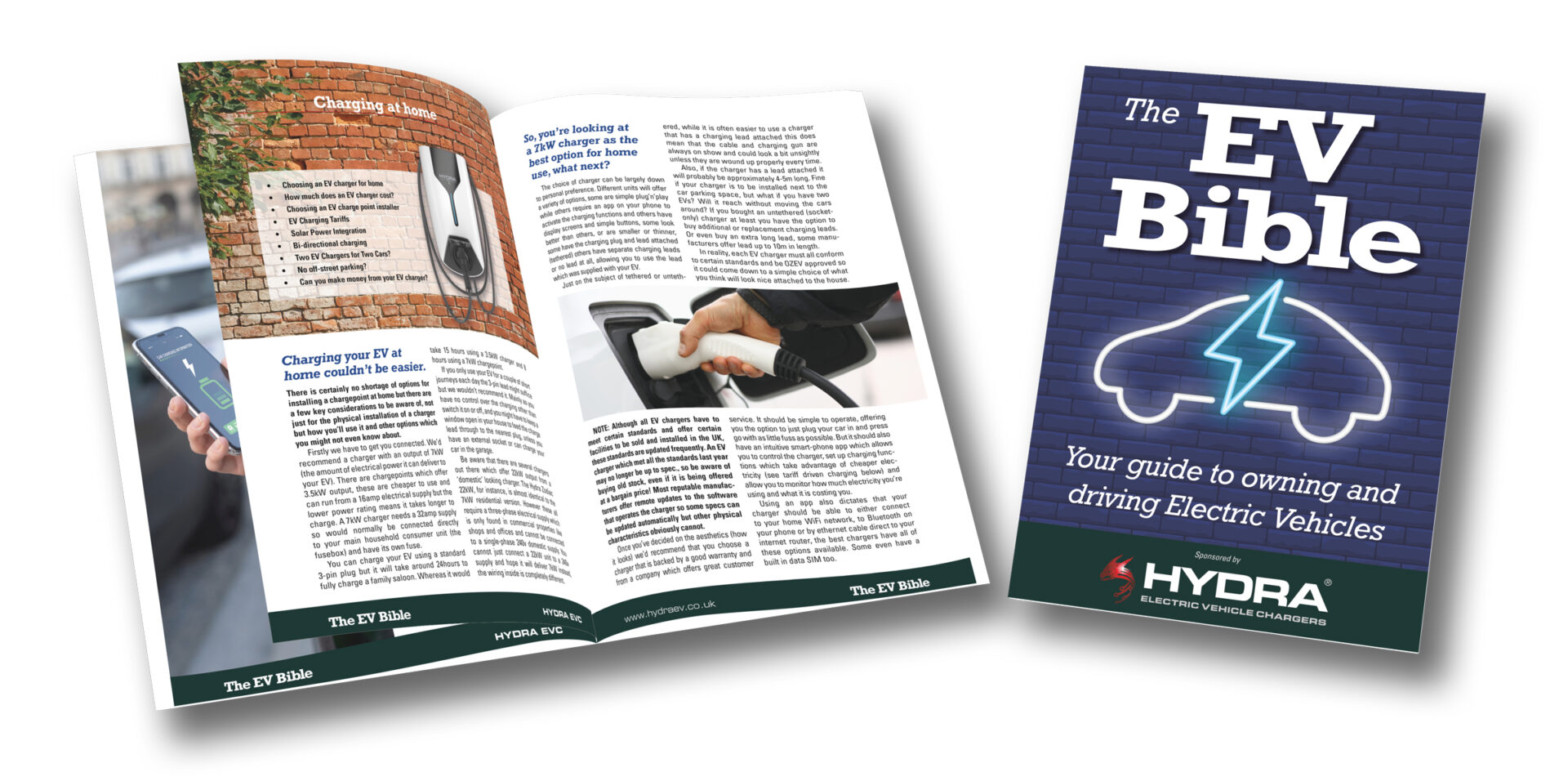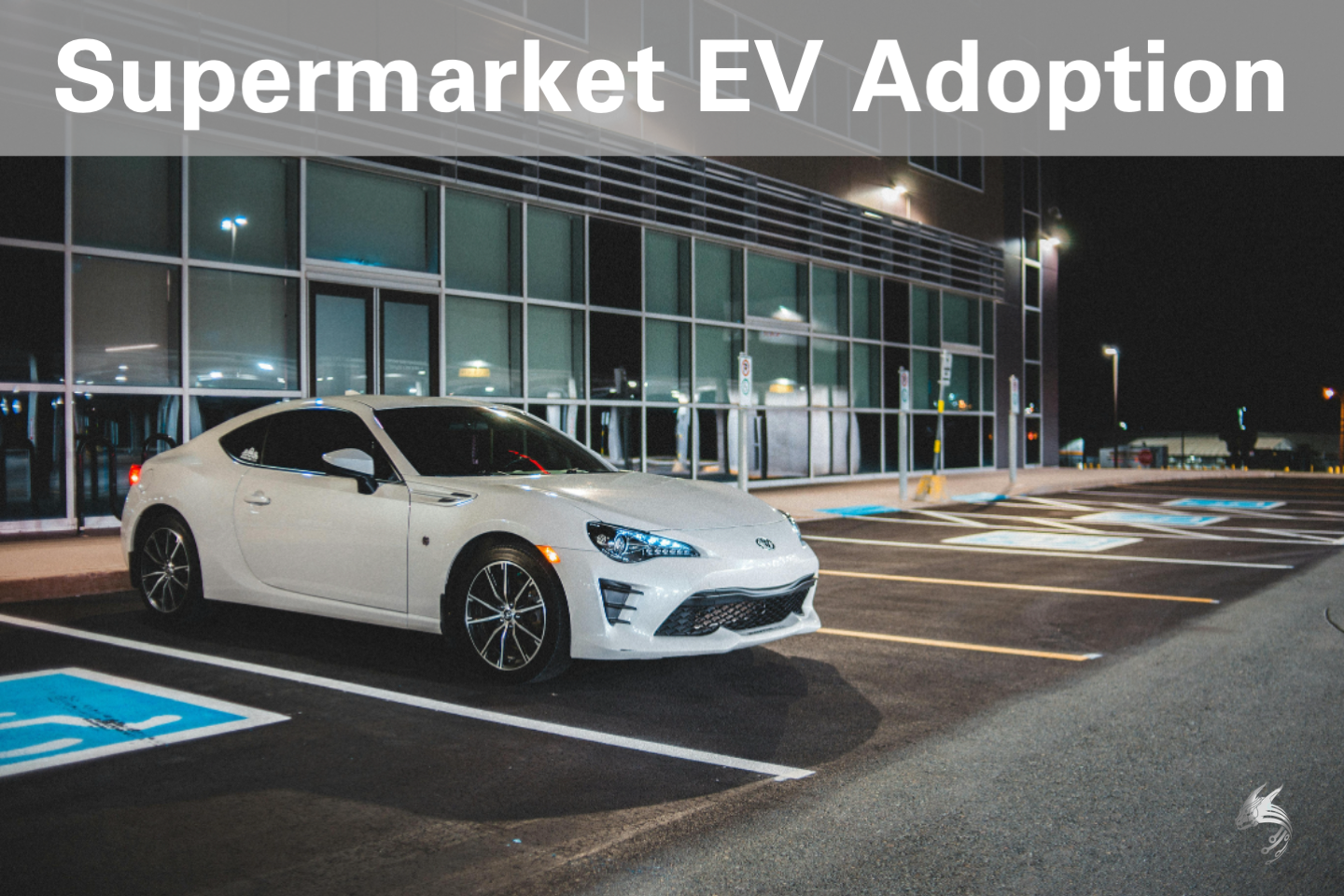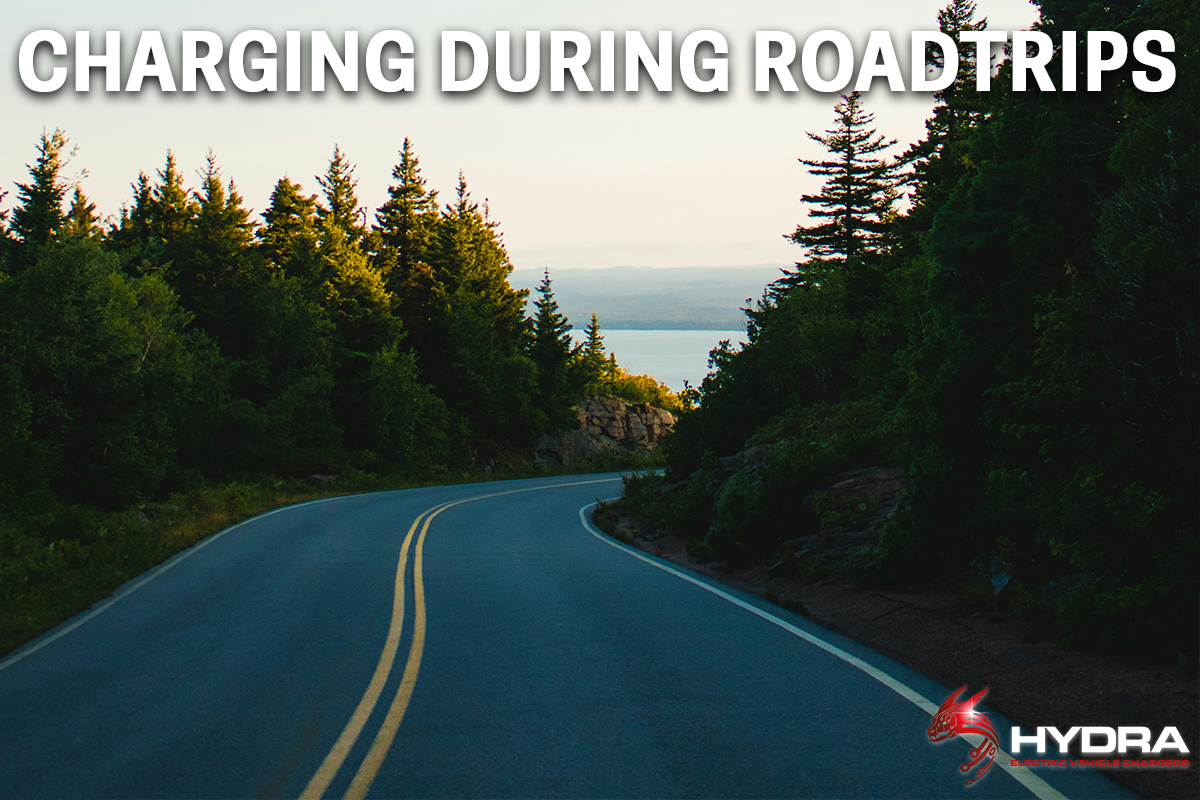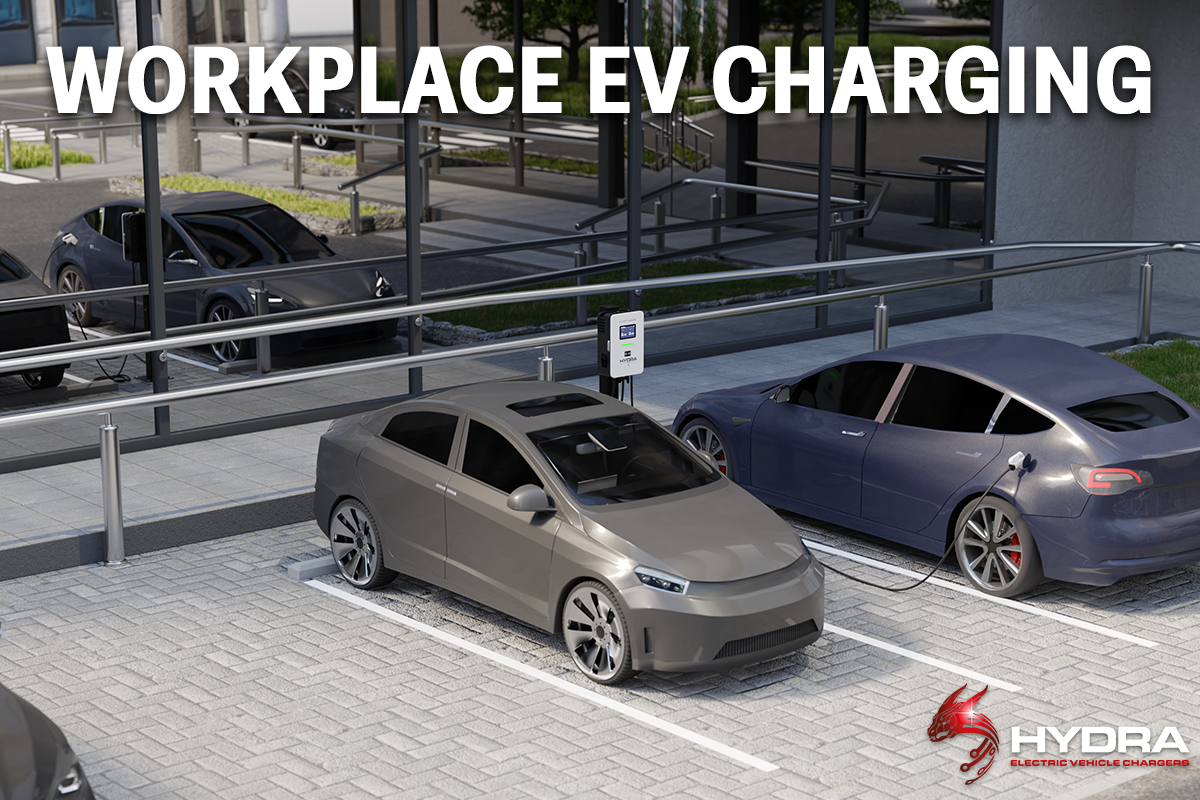It is estimated that there are over 700,000 company cars in the UK so encouraging them into Electric Vehicles could go a long way towards fulfilling net-zero targets.
If an employee is allowed to use a company car for personal use, it is classed as a benefit in kind by HMRC (BIK) and the employee pays tax based on the BIK rates.
Traditionally the rates have been skewed to encourage use of vehicles with lower CO2 emissions. As EVs do not emit CO2 new figures were introduced. The current BIK rate for Electric Vehicles is 2% (to be reviewed 2025) so if your company EV has a list price of £30,000 the annual taxable value would be £600. (Different rates apply in Scotland).
To further incentivise employers the government allows the full cost of an EV to be deducted from pre-tax profits and no Vehicle Excise Duty is payable. So switching to EVs saves the Employer and the Employee money.
Commercial EVs
The market for eLCVs (Electric Light Commercial Vehicles) is growing massively with some manufacturers reporting annual sales in the thousands. While still way behind diesel powered vans it is growing exponentially as more models are launched and the available range is improved.
Although companies such as Vauxhall, Renault, Nissan and SAIC Maxus have all released commercial vehicles running pure electric drivetrains everyone was waiting to see what Ford did with the Transit. They did not disappoint!
The king of the road for commercial users for many years, the whole Ford Transit lineup is the market leaders in most segments from owner-operator businesses to nationwide fleets.
Looking at the eTransit Custom it offers an expected 225mile range and the ability to also run tools and equipment from the vehicle’s main battery, making it perfect for Bob-the-Builder users. Recharging can be carried out via a standard domestic 7kW chargepoint – adding 20-30 miles range per hour – or via a 150kW rapid charger to recharge back to 80% in around 30-40 mins.
Competing with the Transit is the Vauxhall Vivaro. Currently the best-selling eLCV in the UK. The range is not quite as good as the Transit with between 145-205 miles depending on spec but it costs a fair bit less too.
The relative newcomer to the LCV sector and taking the market by storm is SAIC Maxus. Previously known as LDV the brand was bought by SAIC – the company which also owns MG – and offers the eDeliver-3, eDeliver-9 as well as the T90 EV pickup.
The eDeliver-3 offers almost a ton of payload and 215miles range while the eDeliver-9 offers 1.3 tons of payload for a similar range. The ultimate choice for a lot of businesses will be the lease terms and any other offers at the time of purchase. Once The Ford Transit variants hit the showrooms other manufacturers are likely to offer good deals on their competing vans.
Electric HGVs
The possibility for a useful Electric HGV is getting closer by the day. At the moment there are a couple of specialist companies, such as VOLTA TRUCKS, which are developing pure electric HGVs from the ground up.
Volta has already gained a foothold into the UK market with the world’s first, purpose built 16-tonne truck. It has won a contract to be the sole provider for London’s prestigious Regent Street shops. To cut down on delivery vans and emissions the landlord managing the whole estate requires that deliveries are dropped at an out-of-town hub and delivered to Regent Street en-masse by their own trucks.
The 125mile range of the Volta is perfect for this kind of work and provides emission-free delivery.
DAF has a range of electric HGVs offering up to 300miles range. The infrastructure to support recharging of these will need to be installed at delivery hubs and other dedicated chargepoints but the future looks good for electric haulage.

VW ID BUZZ
The recently launched I.D. Buzz from VW is a bit of a strange beast. Following the success of the relaunched VW Beetle the I.D. Buzz hopes to trade on the legendary reputation and attraction of the old VW combi van and Camper, many millions of which were built over the decades.
VW stated they were making a new version of the van but offering it in both people-carrier and van options was unexpected. The VW T-series vans are widely used by businesses as commercial vehicles but probably more recognisable as camper vans and day vans with a myriad of outdoor equipment tied to the roof: bikes, surfboards, etc.
The Commercial variant of the I.D. Buzz is a stunning looking vehicle which still offers practicality for the user, including the proposed 258mile range.
While The T-series is still available, and with electric options, cost-conscious commercial operators might choose to stick with that, but those looking to make an impact and get recognised may consider the higher cost of the I.D. Buzz will be worthwhile.
